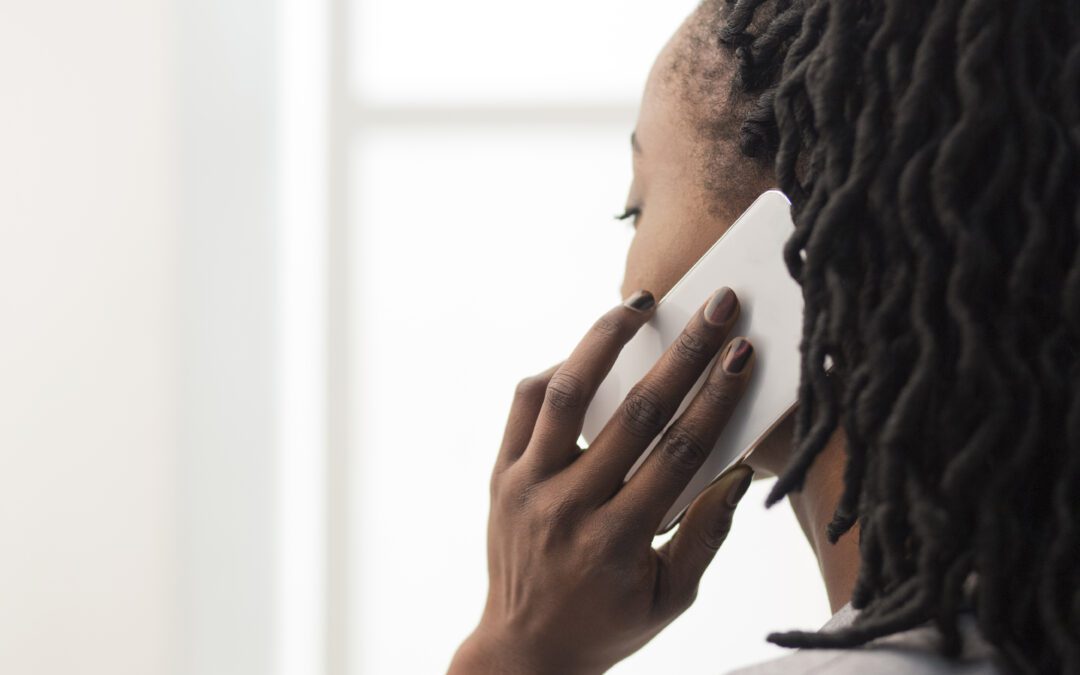The National Council on Problem Gambling (NCPG) has entered into a six-year license agreement with the Council on Compulsive Gambling of New Jersey, Inc. (CCGNJ) for the use of their 1-800-GAMBLER® federally registered service mark in all U.S. states outside of New Jersey, as well as all U.S. territories and the District of Columbia.
This builds on NCPG’s multi-year National Problem Gambling Helpline Modernization Project. The project, supported by a grant from the National Football League Foundation in 2021, will improve call center technology, data collection and reporting, as well as upgrade criteria and offer standardized training and certification for call centers across the National Problem Gambling Helpline Network.
“The Modernization Project will allow us to make significant improvements to the operations, technology and infrastructure of the network to keep up with the ever-growing need for problem gambling resources,” said Keith Whyte, executive director of NCPG.
So what does this mean for Minnesota’s helpline? Once a helpline is well established, it’s important to keep the helpline number. “One never wants to be in a situation when someone in need calls a helpline number and finds it’s been disconnected,” says Susan Sheridan Tucker, MNAPG executive director.
While the Minnesota Department of Human Services will ultimately make the decision, MNAPG will recommend continued use of 1-800-333-HOPE in all in-state publications, brochures, etc. However, when the day comes that sports betting is approved, MNAPG will advise that the 1-800-GAMBLER number be used, especially with regard to intrastate games and advertising. The use of one number will also help in the production of ads that often have to include several state helpline numbers when the ad audience is multi-state. Use of 1-800-GAMBLER would enable anyone from anywhere to call one number and be directed to their specific state helpline (if the state has its own vendor, like Minnesota).
The one aspect that will add another step is if someone purchased their cell number in one state and is currently calling from another state, their call will be directed to the state covering the originating area code. This is true for every helpline in the nation except for 911. Federal legislation must be passed in order for this technological change to happen. Until then, NCPG will work to improve its warm transfers when this situation arises.

